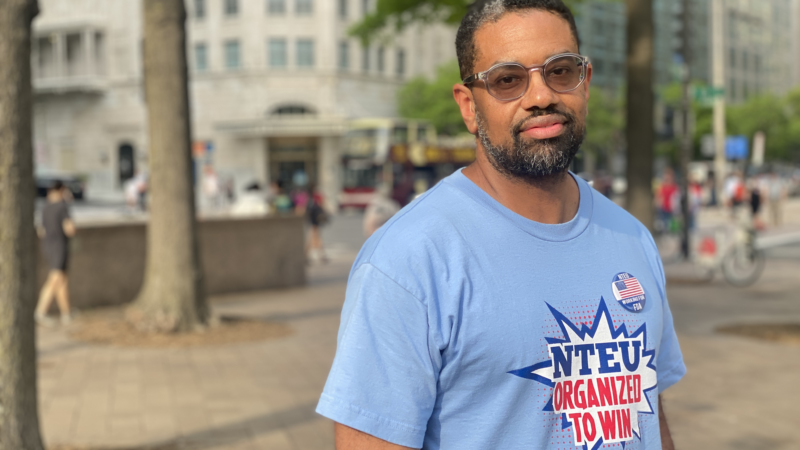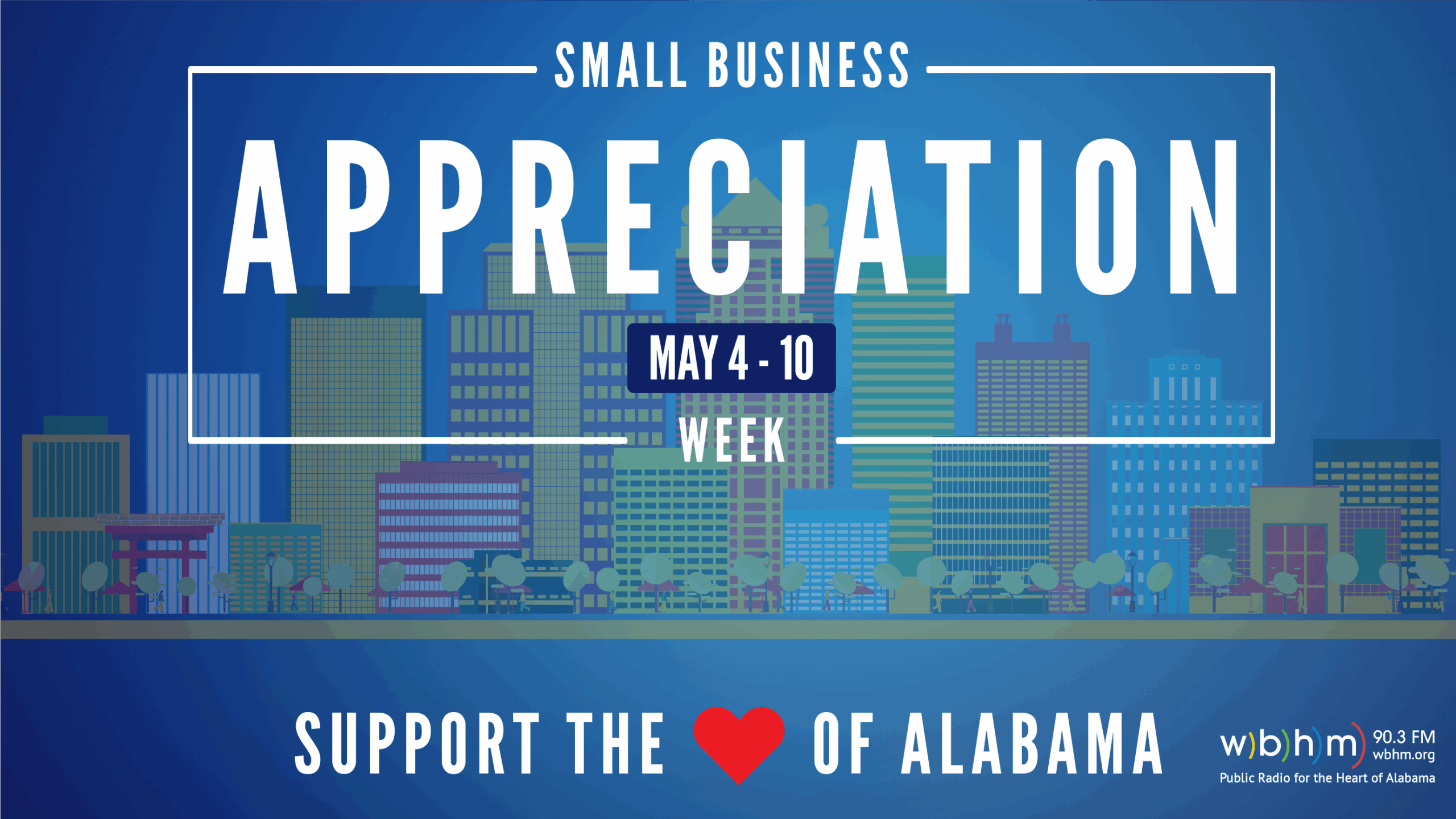Trump says new tariffs will cut U.S. drug deaths but fatal overdoses were already plummeting
President Donald Trump confirmed Thursday that new 25 percent tariffs will go into effect March 4th against two of the U.S.’s largest trading partners. Trump also threatened to add an additional 10 percent tariff on Chinese goods and services on the same date.
Writing on Truth Social, Trump once again cited street drugs “pouring into our country from Mexico and Canada at very high and unacceptable levels” as a primary reason for the policy.
But federal data from U.S. Customs and Border Protection show Canada plays almost no role in the smuggling of fentanyl or other deadly street drugs into the U.S. Despite that fact, Canadian Prime Minister Justin Trudeau promised in December to step up efforts to secure the northern border.
“By deploying new helicopters, drones, and surveillance tools. By adding new scanners and sniffer dog teams to stop and seize fentanyl. By cracking down on the money laundering that’s funding cross-border crime,” Trudeau said, detailing new policy initiatives in a post on social media.
Asked on Thursday about data showing Canada isn’t a significant player in the U.S. addiction crisis, Trump argued that drugs are coming across the northern border without being detected.
“They should be apprehending much more, cause a lot comes through Canada and as Mexico gets stronger in terms of the border it comes through Canada,” Trump said, without offering evidence to back his claim.
Meanwhile, fentanyl smuggling across the southern border from Mexico has plunged over the last year with seizures in January 2025 down 50 percent compared with a year earlier. Street drug experts say in many parts of the U.S., the availability and potency of fentanyl has dropped significantly.
The number of total overdose deaths from street drugs has also fallen at an unprecedented pace, down by nearly a quarter over the last year.
Many states have seen a decline in fatal overdoses of between 30 and 50 percent, according to provisional data from the Centers for Disease Control and Prevention
“It’s very, very exciting to see,” said Dr. Nora Volkow, head of the U.S. government’s National Institute on Drug Abuse, speaking last week about the drop in drug deaths.
She noted that the decline in deaths linked to fentanyl, as opposed to other street drugs, is even greater. “From fentanyl it’s a 30.6 percent [drop] in one year, that’s a huge reduction,” she said.
Despite rapid improvements in a public health crisis that has killed hundreds of thousands of Americans, street drugs remain a political flashpoint.
“The families of the victims are devastated and, in many instances, virtually destroyed,” Trump said in his post on social media. “We cannot allow this scourge to continue to harm the USA.”
In addition to 25 percent tariffs on goods and services from Canada and Mexico, Trump threatened China will face an additional 10 percent tariff on the same date. China is a major source of industrial chemicals used by drug gangs to produce fentanyl, though the government of China has cracked down on suppliers over the last year.
While pointing to drug smuggling as a rationale for tariffs, Trump has also pardoned individuals who faced federal drug charges, including Ross Ulbricht, creator of a dark web internet market called Silk Road.
Ulbricht was convicted of distributing narcotics, among other charges, and sentenced to life in prison in 2015.
Trump’s pardon of January 6 riot defendants has also been extended by the U.S. Justice Department to include individuals facing drug-related charges.
Pope Leo XIV calls for peace in Ukraine and Gaza, saying ‘Never again war’
In his first Sunday noon blessing as pontiff, Pope Leo XIV called for a just and lasting peace in Ukraine and an immediate ceasefire in Gaza with the release of hostages and delivery of aid
Luxury dog hotels give some people pause amid the inequality of South Africa
High-end accommodations for pooches are thriving in one of the world's most unequal countries. They have their defenders and their critics. Who's barking up the right tree?
I wanted to know why my mom was so hard on us kids growing up. So I finally asked
"Work hard my children." That's what my mother always told me and my siblings. All I wanted to do was play hide and seek and netball. Years later, we had a good talk about her parenting style. Essay by Esther Ngumbi. Editor: Marc Silver. Publishing Sunday morning. Adapted from an earlier essay by Esther Ngumbi from a few years ago.
India and Pakistan ceasefire shaken by overnight fighting in disputed Kashmir region
People on both sides of the Line of Control, which divides the territory, reported heavy exchanges of fire between Indian and Pakistani troops. The fighting subsided by Sunday morning.
We asked, you answered. Here are your most memorable moments with Mom for Mother’s Day
NPR received nearly 500 submissions from around the country and beyond from people who shared favorite memories of their mothers — whether she's still present for them to hug or lives on in their hearts.
Federal employee unions fight for survival as Trump tries to eviscerate them
In 1978, Congress gave federal workers the right to organize and bargain collectively, finding it in the public interest. Now Trump wants to end those labor rights for most of the federal workforce.






